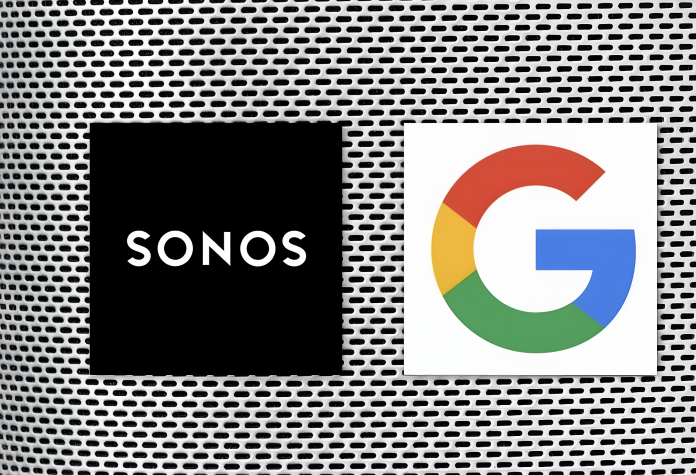
In a surprising move, Google has wasted no time in restoring some of the features and functionality it previously removed from multiple products, following its recent victory in a federal court. This decision comes in response to Sonos’ patent infringement case, which had caused a legal battle between the two companies. While Sonos plans to appeal the ruling, Google seems confident that the decision won’t be reversed anytime soon. However, this prolonged legal battle has undoubtedly impacted the customers the most. Although the restoration of grouping features is a positive step, it’s worth noting that Google Assistant still remains absent from Sonos’ latest smart speakers. On Tuesday, Google took the opportunity to call for patent reform, accusing Sonos of wasting time and resources with this case.
While the legal proceedings between Sonos and Google may seem like a distant conflict between two corporate giants, the impact extends far beyond the boardrooms and courtrooms. It affects the everyday users and customers who rely on these products and services for their entertainment and convenience. Let’s delve deeper into the details and implications of this ongoing battle.
The Battle Between Sonos and Google
The battle between Sonos and Google has been a long and arduous one, with both companies accusing each other of patent infringement. Sonos, a leading manufacturer of smart speakers and audio products, initially filed a lawsuit against Google in January 2020. The lawsuit alleged that Google had infringed on multiple patents related to wireless audio technology, including the ability to synchronize speakers and adjust volume across multiple rooms.
However, Google fired back with its own countersuit, claiming that Sonos had also infringed on its patents related to wireless audio systems. The legal battle intensified as both companies sought to protect their intellectual property and gain a competitive edge in the ever-growing smart speaker market.
After a year and a half of legal proceedings, the case finally reached a verdict in favor of Google. Judge William Alsup ruled in Google’s favor, throwing out an initial $32.5 million verdict against the tech giant. This victory for Google has allowed the company to move quickly in restoring some of the features and functionality it had previously removed from its products.
The Impact on Customers
Unfortunately, legal battles like the one between Sonos and Google often have a significant impact on customers. Throughout the proceedings, customers of both companies have been left without certain features and functionality, resulting in a diminished user experience. This disruption is particularly pronounced for owners of Sonos products, as Google Assistant remains absent from Sonos’ latest smart speakers.
While the restoration of grouping features is a step in the right direction, it is important to acknowledge the frustration and inconvenience experienced by customers. The inability to use certain features as a result of a legal dispute can lead to dissatisfaction and a loss of trust in the companies involved. As customers invest in these products with certain expectations, any hindrances that arise due to legal battles can significantly erode the value proposition.
Google’s Call for Patent Reform
In light of the patent infringement case brought against it by Sonos, Google has called for patent reform. The tech giant has accused Sonos of “wasting time and resources” through the legal proceedings. While Google’s stance is understandable, it is important to recognize the value and significance of intellectual property rights.
Patent reform is a complex issue that requires careful consideration. While there may be instances where patent disputes can hinder innovation and progress, it is essential to strike a balance between protecting intellectual property and fostering competition. Google’s call for patent reform highlights the need for a comprehensive and fair framework that encourages innovation while preventing abuse of patent rights.
While legal battles can be frustrating for customers, it is important to recognize that they are an inevitable part of the tech industry. As technology continues to advance, it is crucial for companies to approach disputes with a focus on finding mutually beneficial resolutions. By doing so, they can ensure that customers are not unduly affected and that innovation can thrive in the face of legal challenges.


